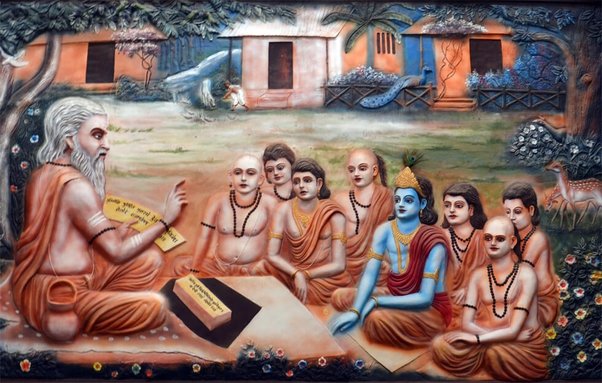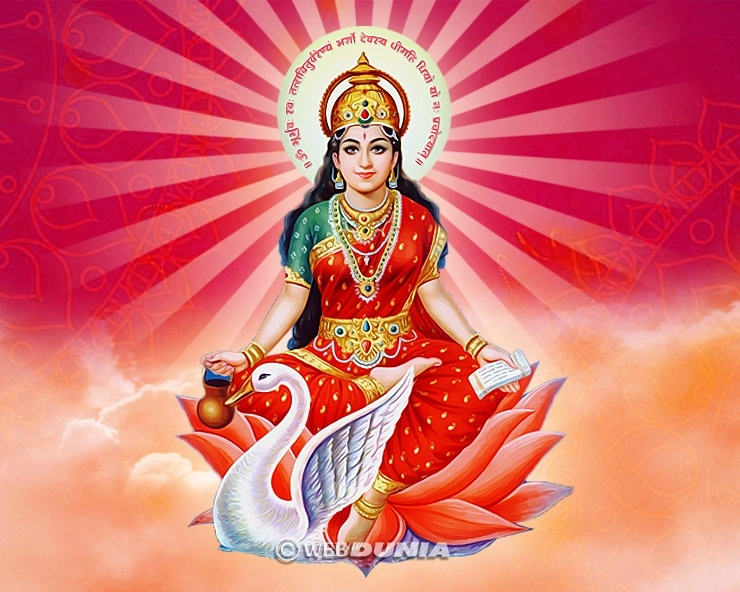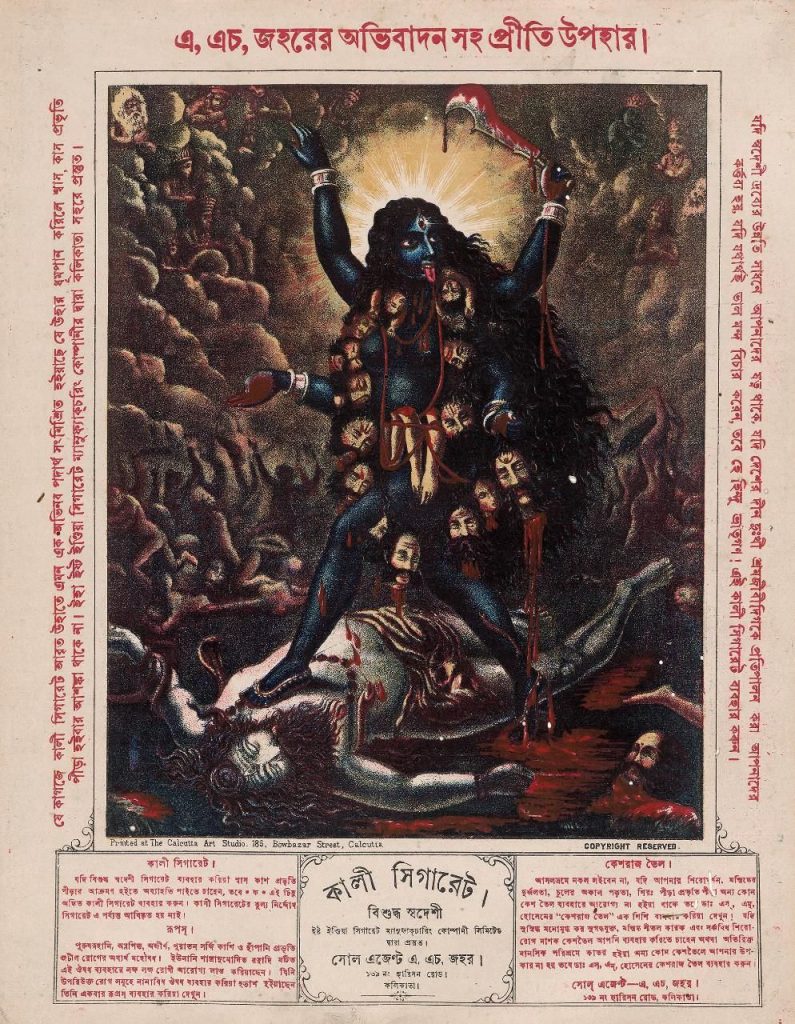The Upanishads are a collection of philosophical texts that are considered the essence of the Vedas, the ancient sacred texts of Hinduism. The Upanishads were composed in Sanskrit between 800 BCE and 500 BCE and are believed to contain the highest spiritual and philosophical teachings of Hinduism. They explore concepts such as the nature of the self (atman), the ultimate reality (Brahman), and the relationship between the two.
The Upanishads are composed in the form of dialogues between teachers and students, and they emphasize the importance of a Guru or Spiritual guide in attaining true knowledge. They are also notable for their use of symbolism and allegory to convey spiritual truths.
The Upanishads have had a profound impact on Hindu philosophy and religion, as well as on Indian culture more broadly. They have influenced a wide range of thinkers and spiritual leaders, both within and outside of the Hindu tradition. Many of their teachings, such as the concept of karma and rebirth, continue to be central to Hinduism and are also shared by other Indian religions such as Buddhism and Jainism.




